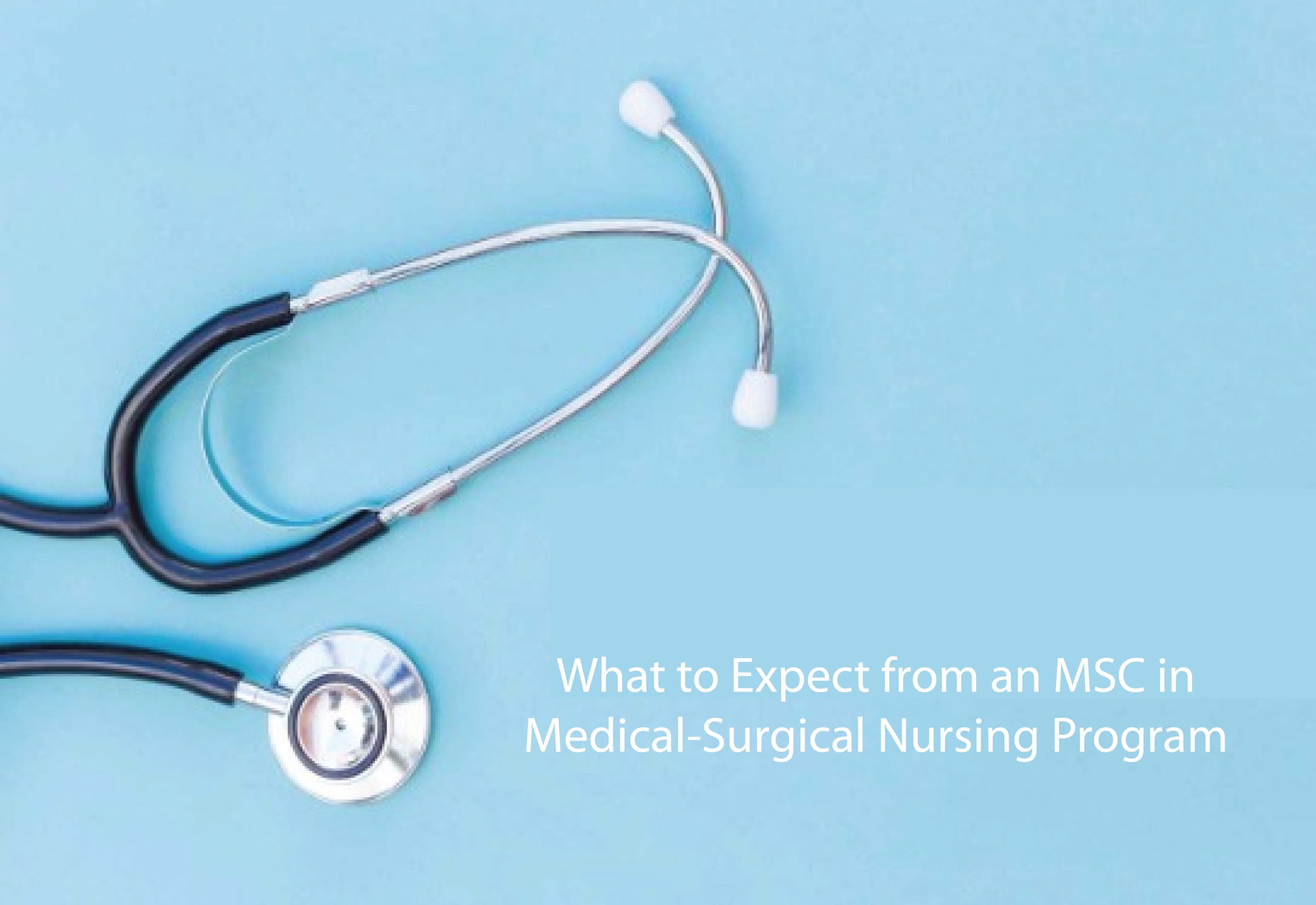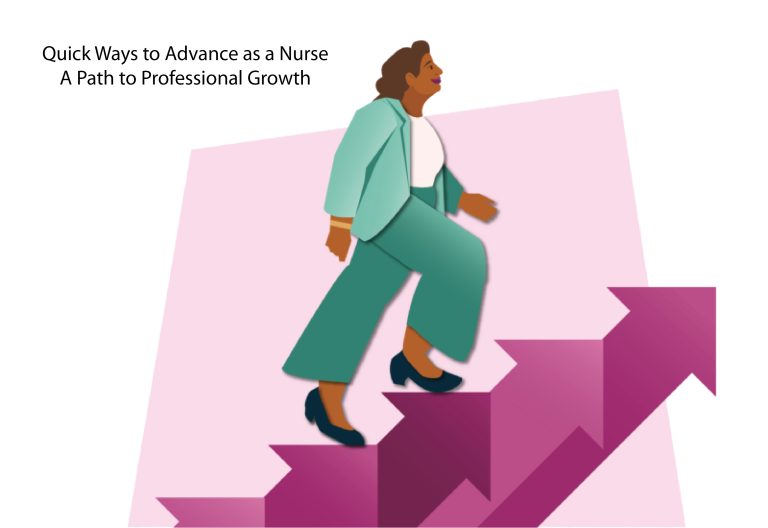What to Expect from an MSC in Medical-Surgical Nursing Program
Pursuing a Master of Science in Medical-Surgical Nursing (MSC-MSN) is a significant step for registered nurses seeking advanced knowledge and skills in medical-surgical care. This specialized program prepares nurses to provide expert care to patients with complex medical conditions, ensuring optimal outcomes in diverse healthcare settings.
We will explore what you can expect from an MSC in Medical-Surgical Nursing program, highlighting the curriculum, clinical experiences, career opportunities, and the benefits of pursuing this advanced degree. By understanding what this program entails, you can make an informed decision and embark on a rewarding journey toward professional growth in medical-surgical nursing.
Advanced Curriculum and Specialized Knowledge
An MSC in Medical-Surgical Nursing program offers a comprehensive curriculum that builds upon the foundational knowledge gained during undergraduate nursing education. We will explore the advanced coursework and specialized topics covered, including pathophysiology, pharmacology, evidence-based practice, nursing leadership, and advanced medical-surgical nursing interventions. The curriculum aims to develop critical thinking skills, clinical reasoning, and advanced nursing competencies specific to medical-surgical care.
Clinical Experiences and Practical Application
Clinical experiences are an integral part of an MSC in a Medical-Surgical Nursing program, providing students with opportunities to apply theoretical knowledge in natural healthcare settings. We will discuss the clinical rotations and hands-on experiences students can expect working under the guidance of experienced nurse educators and preceptors. These experiences enhance clinical judgment, patient assessment skills, and the ability to manage complex medical-surgical cases.
Integration of Research and Evidence-Based Practice
An MSC in Medical-Surgical Nursing program emphasizes integrating research and evidence-based practice. We will explore how students learn to critically appraise research findings, apply evidence-based guidelines, and contribute to advancing medical-surgical nursing through scholarly inquiry. The program equips nurses with the skills to integrate the best available evidence into clinical decision-making, improving patient outcomes and enhancing the quality of care provided.
Leadership and Management Skills
Advanced clinical knowledge, an MSC in a Medical-Surgical Nursing program fosters leadership and management skills. We will discuss how the curriculum prepares nurses to assume leadership roles, effectively manage healthcare teams, and advocate for patients and their families. These skills are vital for medical-surgical nurses who often coordinate care for patients with complex conditions and collaborate with interdisciplinary teams.
Professional Development and Networking
An MSC in Medical-Surgical Nursing program offers opportunities for professional development and networking. We will explore how students can engage with professional organizations, attend conferences, and collaborate with experts in the field. These experiences provide a platform for learning, sharing knowledge, and staying updated on the latest advancements in medical-surgical nursing practice.
Career Opportunities and Advancement
Completing an MSC in a Medical-Surgical Nursing program opens up various career opportunities and advancement prospects. We will discuss the diverse healthcare settings where medical-surgical nurses can practice, such as hospitals, outpatient clinics, specialty units, and academic institutions. Furthermore, we will highlight potential roles, including clinical nurse specialist, nurse educator, nurse manager, and researcher. The program prepares graduates for leadership positions and enhances their ability to influence and shape medical-surgical nursing practice.
Benefits of Pursuing an MSC in Medical-Surgical Nursing
We will explore the benefits of pursuing an MSC in Medical-Surgical Nursing, both personally and professionally. These benefits include increased job prospects, expanded clinical knowledge, improved patient outcomes, enhanced critical thinking skills, and the ability to contribute to advancing medical-surgical nursing practice. Additionally, we will discuss the potential for higher earning potential and increased job satisfaction that often accompany advanced degrees in nursing.
Conclusion
An MSC in Medical-Surgical Nursing program provides registered nurses with advanced knowledge and skills to deliver exceptional care to patients with complex medical conditions. By understanding what to expect from this program, including the curriculum, clinical experiences, career opportunities, and the benefits of pursuing this advanced degree, nurses can make an informed decision about furthering their education in medical-surgical nursing. With the specialized knowledge and competencies gained through this program, nurses can excel in their careers, contribute to evidence-based practice, and make a meaningful impact on patient care within the medical-surgical specialty.







